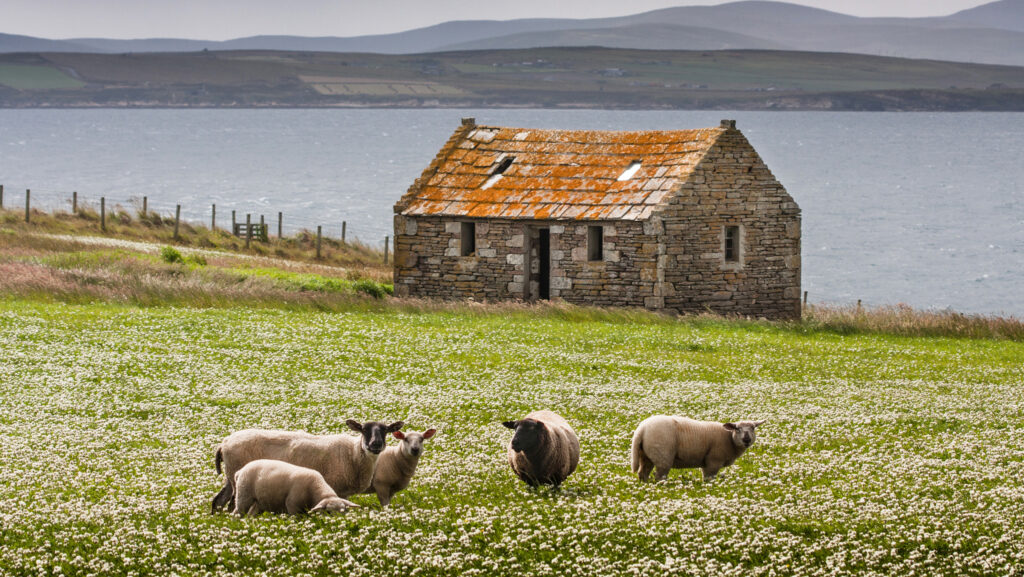Opinion: Our traditional ‘culture’ jars with those in power
 © Adobe Stock
© Adobe Stock
“Why can’t they just leave us alone”, sighed a gamekeeper in a conversation about yet more Holyrood legislation. I’ve heard farmers and crofters expressing the same frustration. I moved to Scotland in October 2013.
Looking back at the past 11 years, I feel exhausted by the relentless churn of consultations, acts and statutory instruments impacting rural life.
See also: Opinion – too many politicians are ignorant of rural life
I’ve a theory that the devolved administration exercises any power it legitimately can just to prove it’s doing something. But lately I’ve been wondering if there’s more to it.
When changes are made to income tax, or NHS provision, it affects every citizen.
But when new agricultural and land management legislation is enacted, it impacts a smaller group of people who share a strong sense of cultural identity – and perceive that culture to be under attack.
A dangerous word these days, hijacked by disingenuous activists and slippery politicians, culture is intangible – but rural dwellers know exactly what it means even as it varies from place to place.
I could talk about the culture of the Cumbrian fells, where I was lucky to work as a trainee.
A livestock farmer in the far reaches of the Eden Valley is a tough character indeed. I could mention the agricultural communities of Exmoor or the Peak District, each with their own distinctive ways.
The farming culture of the Scottish Borders, a place of strong cultural traditions, has a place in my heart forever.
And my home, the Gàidhealtachd, has a deep but fragile culture of language, music and stories woven into a way of life rooted in our soil.
All these cultures are British by dint of existing within Britain, but they’re also bound together as parts of a broader identity sharing the values of hard work, self-sufficiency, respect where it’s due, and civic pride.
These are also traditional values – small-c conservative, built around family-based communities and an established socio-economic order.
I’ve worked in all the places mentioned here, and never a whiff of political wokeness did I sniff at any farmhouse table, in any cattle shed, at any village hall – just good, old-fashioned common sense.
I say this with some trepidation given the immolation that spoils any attempt at rational discussion of cultural issues in Britain these days.
But it needs saying – the traditional culture of agricultural Scotland represents a way of life that jars with those in power.
Legislation is really the only way a self-righteous political elite can force its views onto people who would otherwise ignore them.
Introducing legislation that fundamentally changes traditional rural jobs, hollowing out and displacing indigenous communities is a very effective way of undermining our land-based culture.
It’s happened already in places like Galloway and the Borders, where multi-generational farms have disappeared under afforestation.
It’s begun in the Highlands, with corporate rewilding devoid of cultural empathy. And here in the Hebrides, traditional crofting and fishing communities feel unsupported and maligned.
Maybe I’m giving politicians too much credit by wondering if the past decade has been a deliberate attempt to legislate traditional rural culture – which they believe guilty of wrongthink – into oblivion.
Maybe it’s simply incompetence. But with two years until the next Scottish election, we need our community’s frustrations to reach the ears of a majority of voters who share our values.
Only with their support will we ever be left alone.

